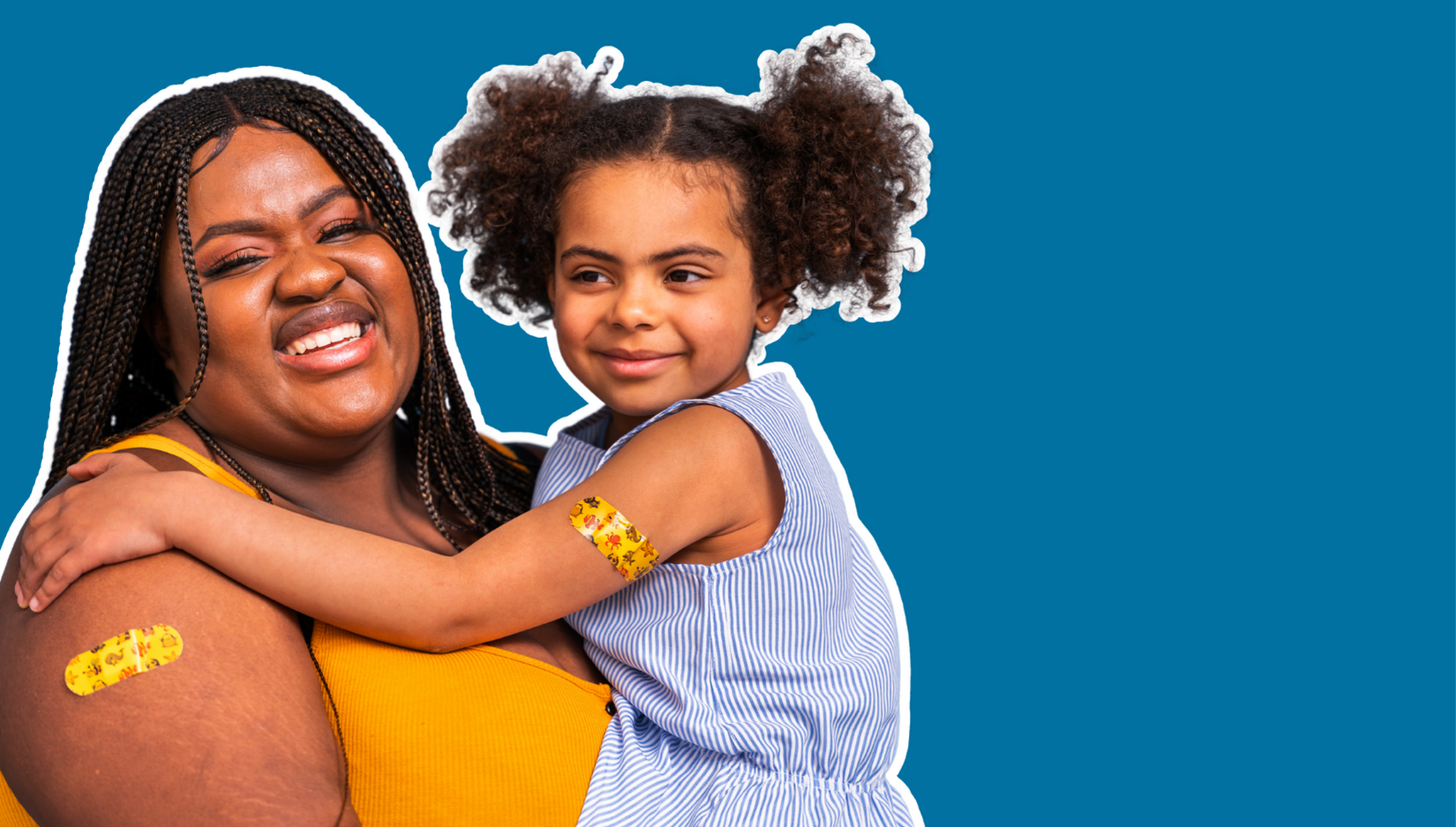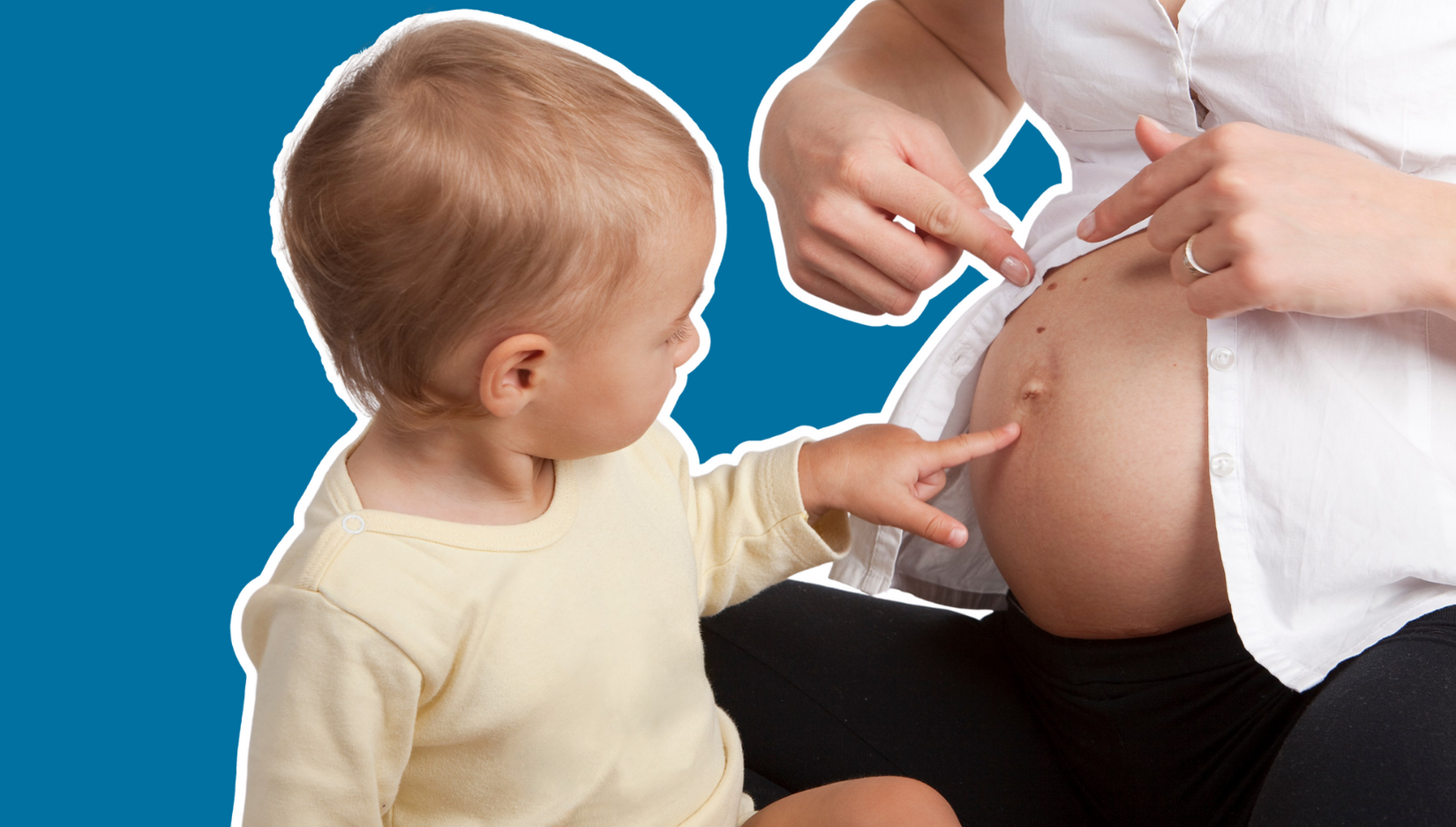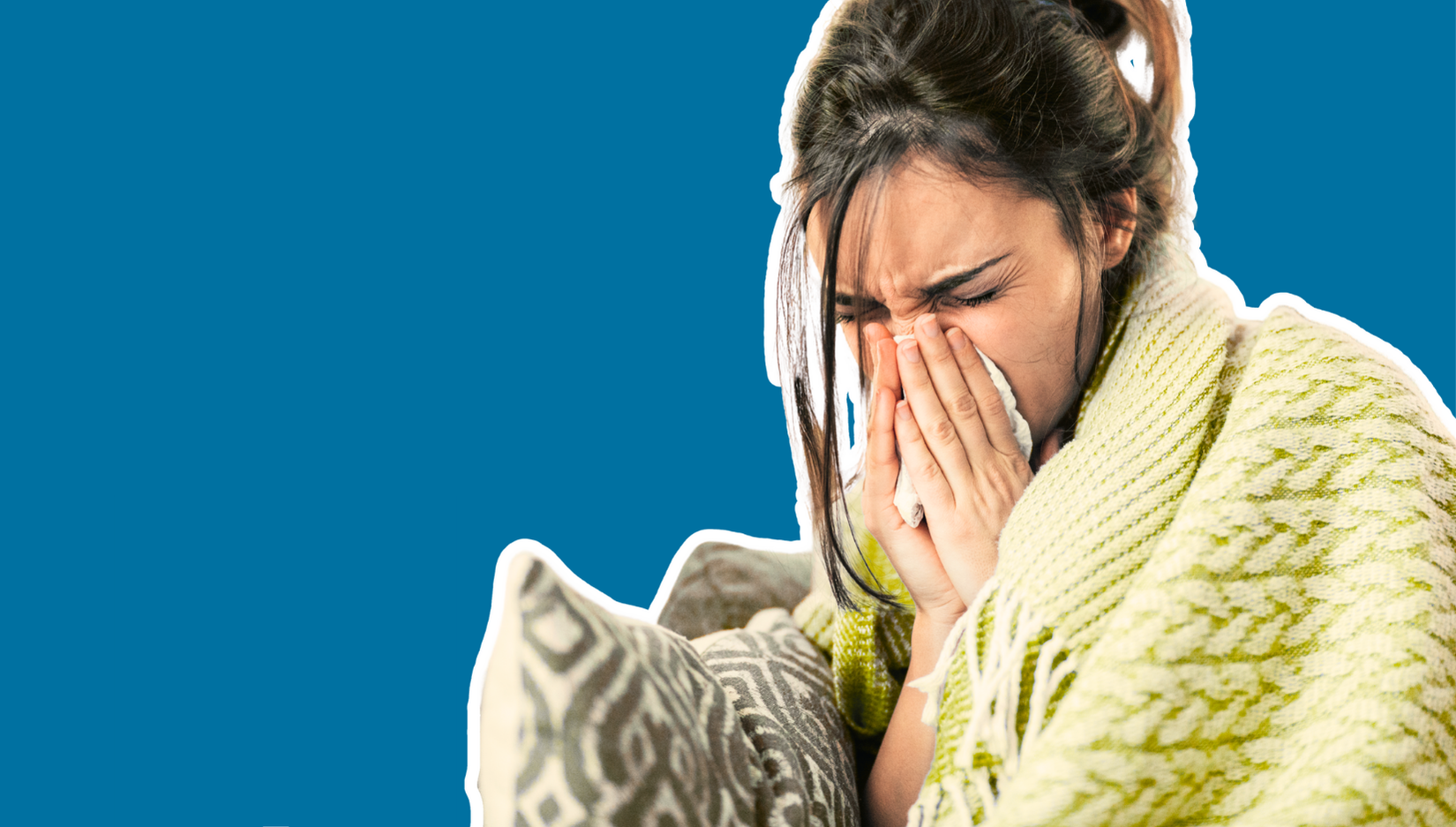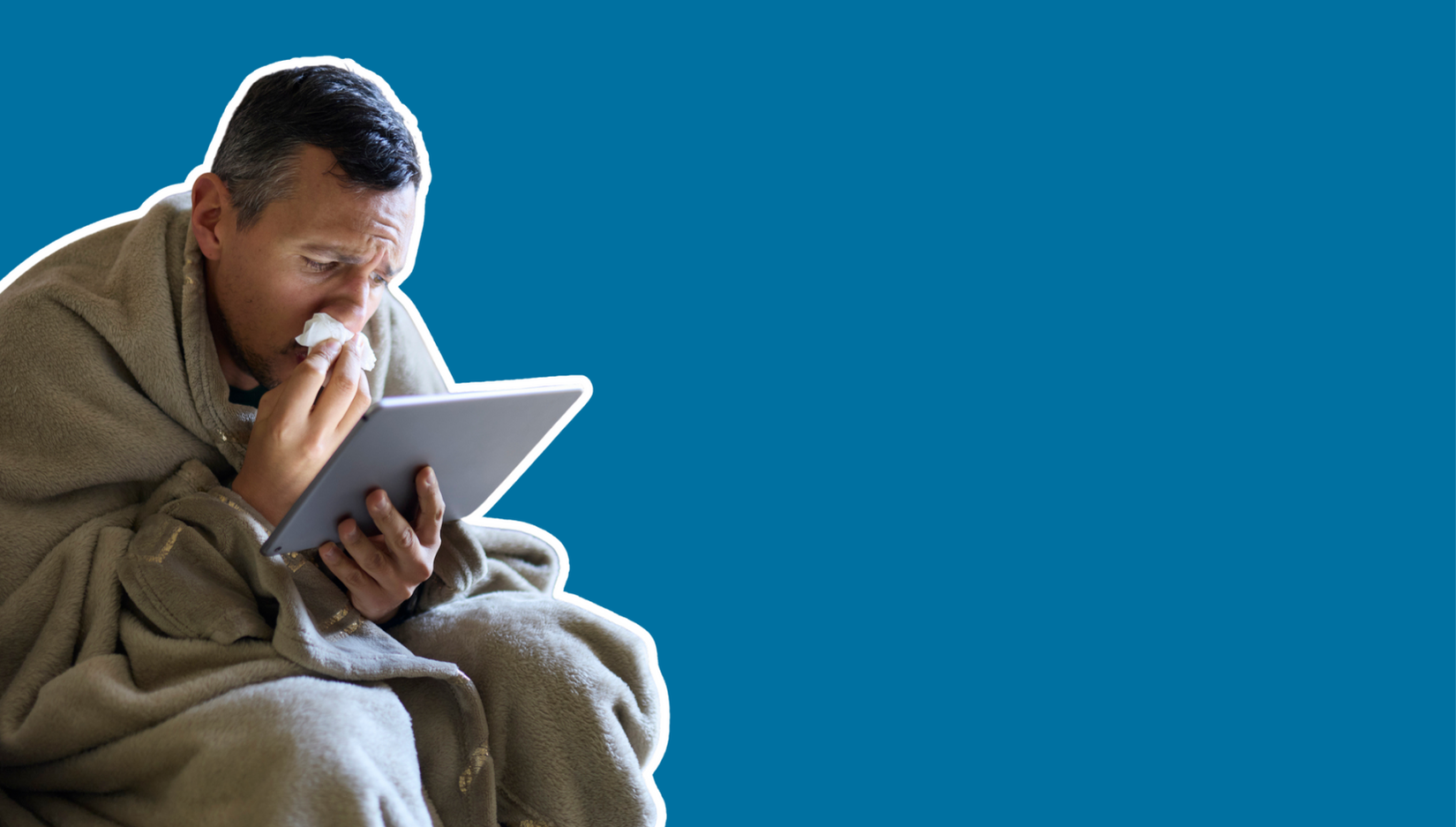Now is the time to get vaccinated!
Vaccines are your best defense against serious illness! Everyone age 6 months and up can get the flu and COVID vaccines this season. Infants, pregnant people, and older adults can get the RSV vaccine. Contact your pharmacy or provider to make an appointment. Some pharmacies allow walk-ins.








